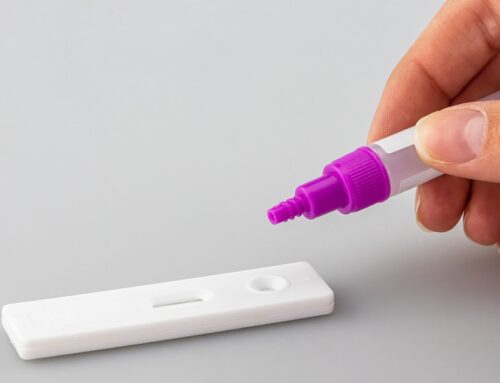1. Know Your Numbers: The first step to managing your cholesterol is knowing your cholesterol levels. Your doctor can perform a simple blood test to determine your total cholesterol, LDL cholesterol, HDL cholesterol, and triglyceride levels. Understanding these numbers can help you make informed decisions about your health.
2. Adopt a Healthy Lifestyle: Making healthy lifestyle choices is essential for managing your cholesterol. Eating a diet low in saturated and trans fats, and high in fruits, vegetables, whole grains, and lean proteins can help lower your LDL cholesterol levels. Regular physical activity, maintaining a healthy weight, and avoiding smoking are also important for managing cholesterol levels.
3. Take Medications as Prescribed: In some cases, lifestyle changes may not be enough to lower your cholesterol levels. Your doctor may prescribe medications, such as statins, to help lower your LDL cholesterol levels. It is important to take these medications as prescribed and follow up with your doctor regularly to monitor your cholesterol levels and adjust your treatment plan if necessary.
4. Get Regular Check-ups: Regular monitoring of your cholesterol levels is important for effective management. Your doctor may recommend having your cholesterol levels checked every year or more frequently if you have high cholesterol or other risk factors for heart disease.
5. Know Your Risk Factors: Some factors, such as genetics, age, and gender, can increase your risk of high cholesterol. Knowing your risk factors can help you and your doctor develop a personalized plan for managing your cholesterol levels.
In conclusion, understanding cholesterol and adopting effective management strategies are essential for maintaining good health. By knowing your numbers, adopting a healthy lifestyle, taking medications as prescribed, getting regular check-ups, and knowing your risk factors, you can effectively manage your cholesterol levels and reduce your risk of heart disease. Talk to your doctor about your cholesterol levels and develop a personalized plan for managing your cholesterol for a healthier future.





